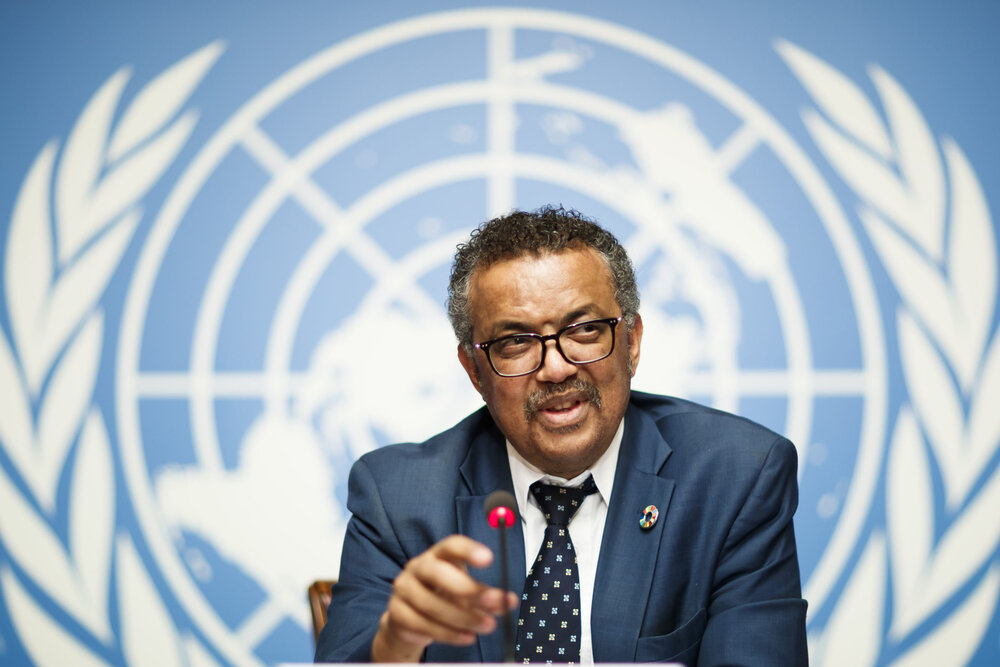WHO praises Iran for controlling malaria

TEHRAN – Iran has not registered any native cases of malaria for three consecutive years, Tedros Adhanom Director-General of the World Health Organization (WHO) said, praising Iran for controlling malaria.
Malaria is a mosquito-borne infectious disease that affects humans and other animals; the disease is most commonly spread by an infected female Anopheles mosquito. The mosquito bite introduces the parasites from the mosquito's saliva into a person's blood.
It causes symptoms that typically include fever, tiredness, vomiting, and headaches. In severe cases, it can cause yellow skin, seizures, coma, or death. Symptoms usually begin ten to fifteen days after being bitten by an infected mosquito.
In the field of communicable diseases, 2021 was a historic year, and with the recommendation of the World Health Organization for the widespread use of the world’s first malaria vaccine, tens of thousands of lives could be saved annually, he stated.
He further noted that China and El Salvador were recognized as “malaria-free” countries by WHO last year, and Iran has not registered any indigenous cases of malaria infection in the country over the past three years, IRNA reported on Tuesday.
According to the World Health Organization, a country that has not had a local case for three years is eligible for a malaria eradication certificate.
Among the 22 countries in the Eastern Mediterranean region, the largest country that has been able to eliminate malaria so far is Iran. Many countries, such as the UAE, have achieved this goal, but they are very small and sparsely populated compared to Iran.
There are 20 countries in the world that are moving towards the elimination of malaria.
WHO African Region carries high share of global malaria burden
According to the latest world malaria report released in December 2019, there were 228 million cases of malaria in 2018 compared to 231 million cases in 2017. The estimated number of malaria deaths stood at 405,000 in 2018, compared with 416,000 deaths in 2017.
The WHO African Region continues to carry a disproportionately high share of the global malaria burden. In 2018, the region was home to 93% of malaria cases and 94% of malaria deaths.
In 2018, 6 countries accounted for more than half of all malaria cases worldwide: Nigeria (25%), the Democratic Republic of the Congo (12%), Uganda (5%), and Côte d’Ivoire, Mozambique, and Niger (4% each).
Children under 5 years of age are the most vulnerable group affected by malaria. In 2018, they accounted for 67% (272,000) of all malaria deaths worldwide.
FB/MG
Leave a Comment